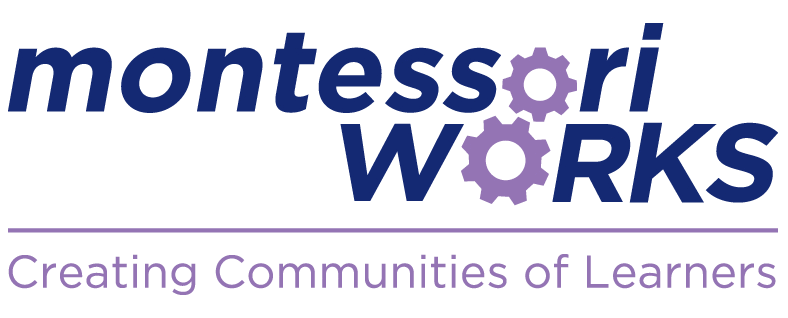Choice — Children in Montessori classrooms have freedom within limits, meaning that they have as much choice as they can handle responsibly.
Classroom Materials — Montessori teachers understand that learning happens when students engage all of their senses. The specially-designed concrete, self-correcting materials support engagement, curiosity, independence, and self-guided learning.
Multi-age classrooms — Children stay in the same classroom for multiple years, which allows younger children to learn from older classmates and older children to firm up their knowledge by guiding practicing with younger ones.
Uninterrupted work periods — Montessori schools offer uninterrupted periods for independent work, allowing children to focus, build attention, concentrate, and learn to persevere through challenges.
Supporting children with learning challenges as well as those who are gifted — Montessori teachers are focused on the individual needs of children, so when needed, the materials and lessons are adapted for children who experience learning challenges.
Montessori teachers are highly-qualified experts in pedagogy and child development.
Montessori classrooms are beautiful, inviting, and peaceful — The carefully-prepared classroom has a sense of order. Montessori classrooms are clutter free, removing distractions for children.
Engaged families and community — Montessori schools engage the community and family to enhance the learning experience of the children.
